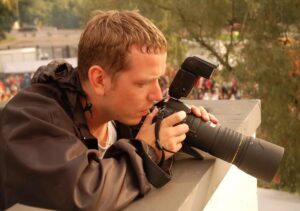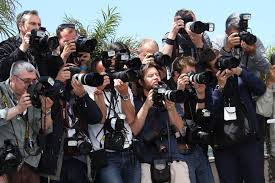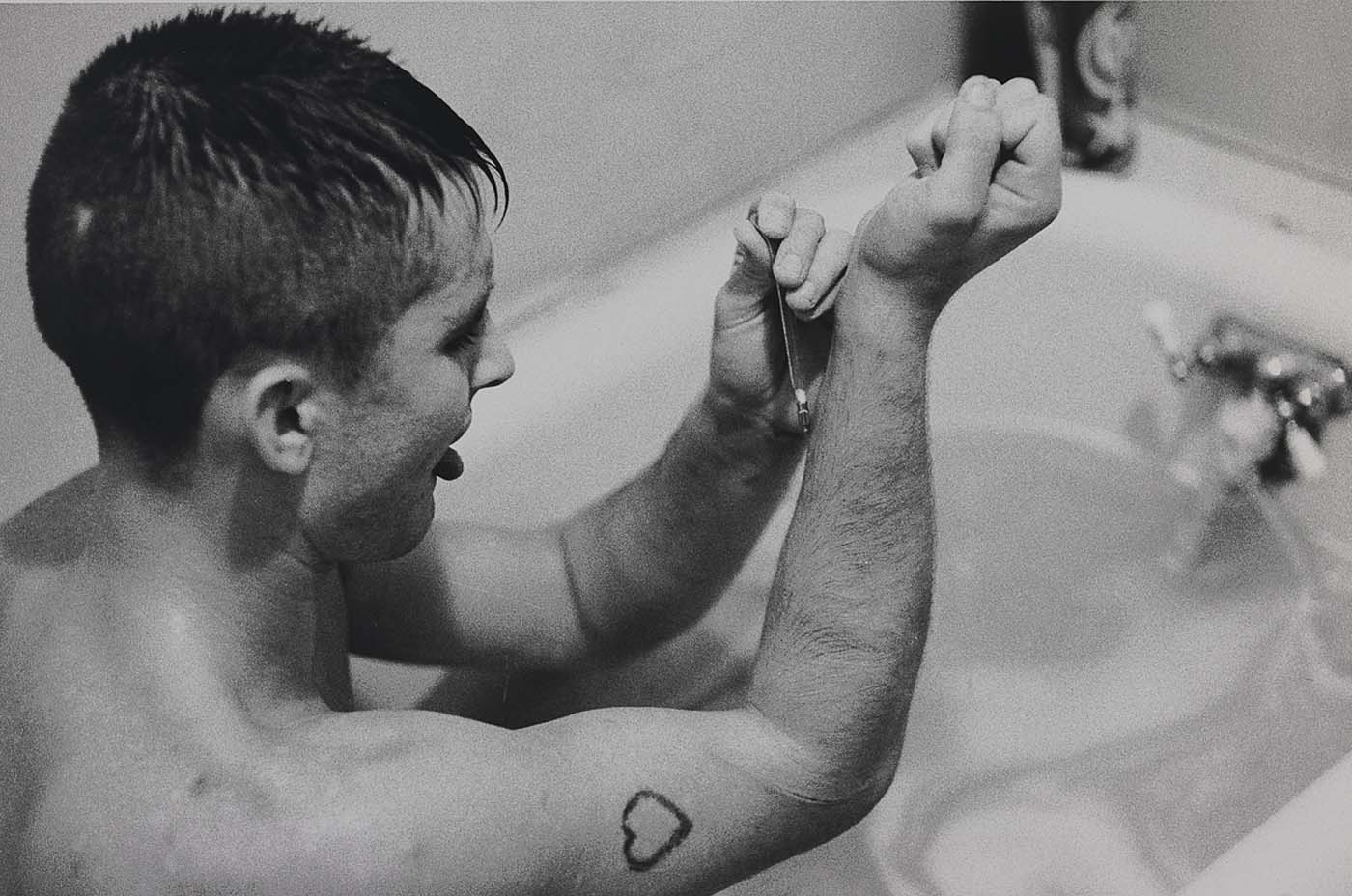
The “follow and ambush” style of paparazzi was created by Ron Galella in the 1950s and he was referred to as “Godfather of U.S. paparazzi culture,” “Paparazzo Extraordinaire,” and “King of Paparazzi.” Although the paparazzi does have a code of ethics, they walk on the thin line between their First Amendment rights and invading the basic privacy of the individuals they are trying to photograph. The First Amendment gives the paparazzi the right to publish the photographs they take. However, they are limited by slander and libel. This means that they are legally allowed to publish photos of individuals as long as it doesn’t falsely portray them. Although this provides some level of protection for the subjects of the photos, the paparazzi are still relentless and arguably cross into illegal territory.
Oftentimes, celebrities are harassed by the paparazzi which is extremely intrusive and even potentially dangerous. Celebrities might feel as though they are being stalked or they are unsafe since the paparazzi are revealing their location and other personal aspects of their lives. The most severe case of physical harm caused by the paparazzi is the death of Princess Diana. As her car was being recklessly chased by paparazzi, her driver crashed into a pillar, killing her and her fiance. This was a devastating event, however, it did lead to some legal changes to the code of conduct of the paparazzi. In the United Kingdom, the Protection from Harassment Act was passed. In the United States, photographers are only allowed to take pictures in public places. In California, it is illegal to use telephoto lenses and long-range listening devices even if there is not trespassing involved. But are these laws enough for celebrities to feel like their privacy is protected?
Because of the fact that the paparazzi can make so much money off of a singular photograph of an A-list celebrity, they are often willing to risk crossing the line by invading the privacy of the individual. Although it is illegal for the paparazzi to trespass on private property, it is legal for photographs to be taken on any public property. Stalking and harassing individuals is where it can become more challenging to identify what is legal and what is not. This is something that celebrities have to deal with every time they are in public. Many celebrities deal with anxiety or fear every time they leave their home due to the paparazzi. Some people make the argument that being followed by the paparazzi is just a part of fame that celebrities sign up for. However, just because it is normalized in our society does not mean that it is just. Celebrities are still human beings that deserve to have their privacy protected.







Hi Shelby!
I think your article makes such a great point at the end—celebrites are still human. I feel like a lot of the time, people seem to think that because a person is famous, they are entitled to the celebrity in a way. It’s almost like they see the whole person as the commodity rather than just the products (i.e. movies, music, etc.) they produce.
I often think about how I would feel if I were in these celebrities shoes. I don’t think any amount of money or fame could make me feel okay with having to worry about being followed whenever I’m on public property or make me feel comfortable with having bright lights flashing in my eyes almost constantly.
I feel that these paparazzi really do fit into the “stalker” box, regardless of how they may argue that they aren’t breaking any laws. In reality, the legal system hardly ever does anything about stalkers because they aren’t technically breaking the law, but they are causing a person distress and making them feel unsafe wherever they go.